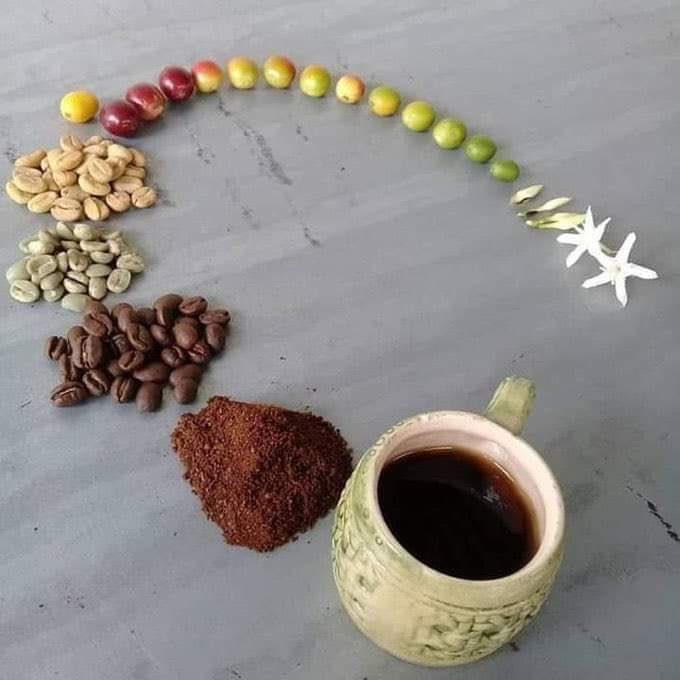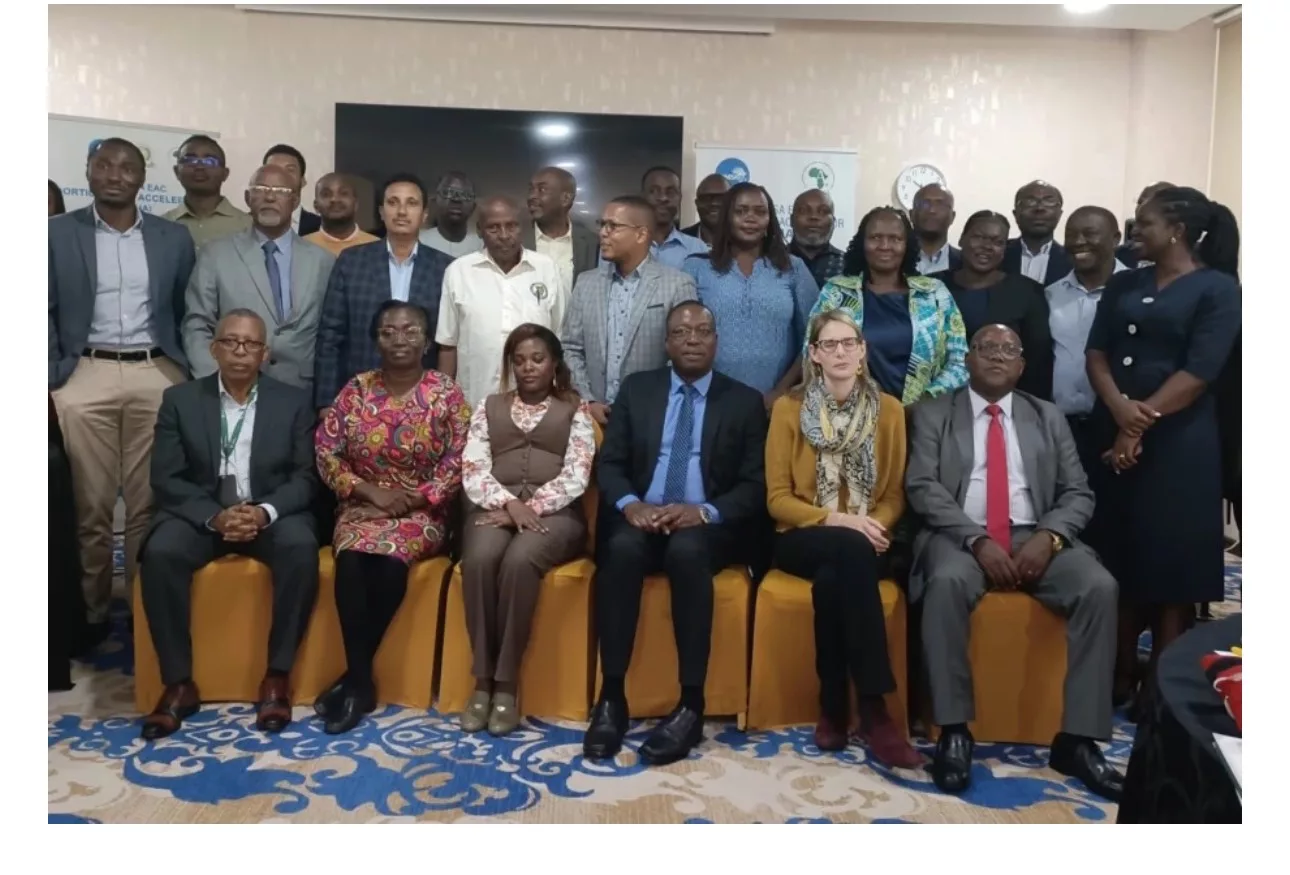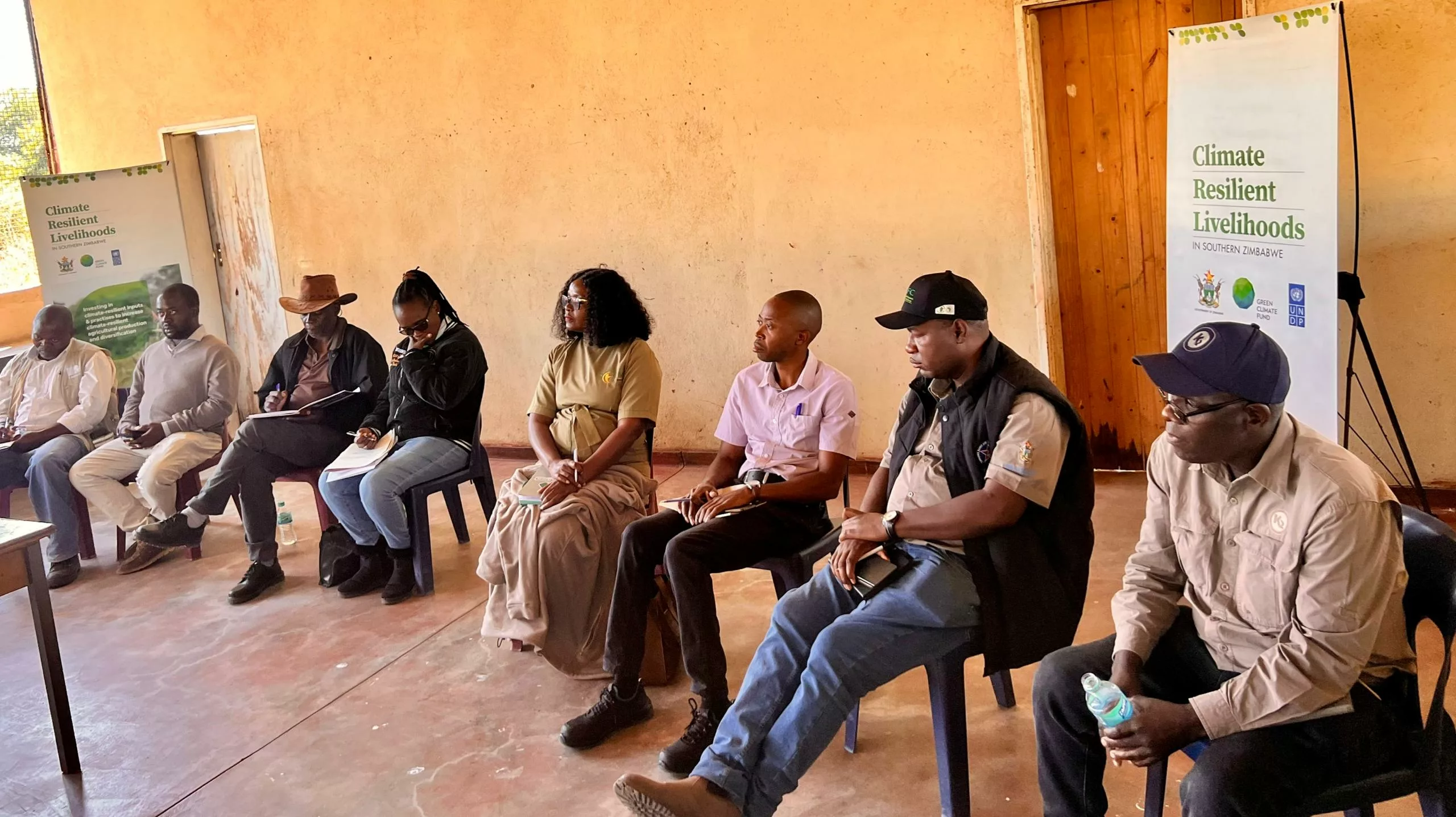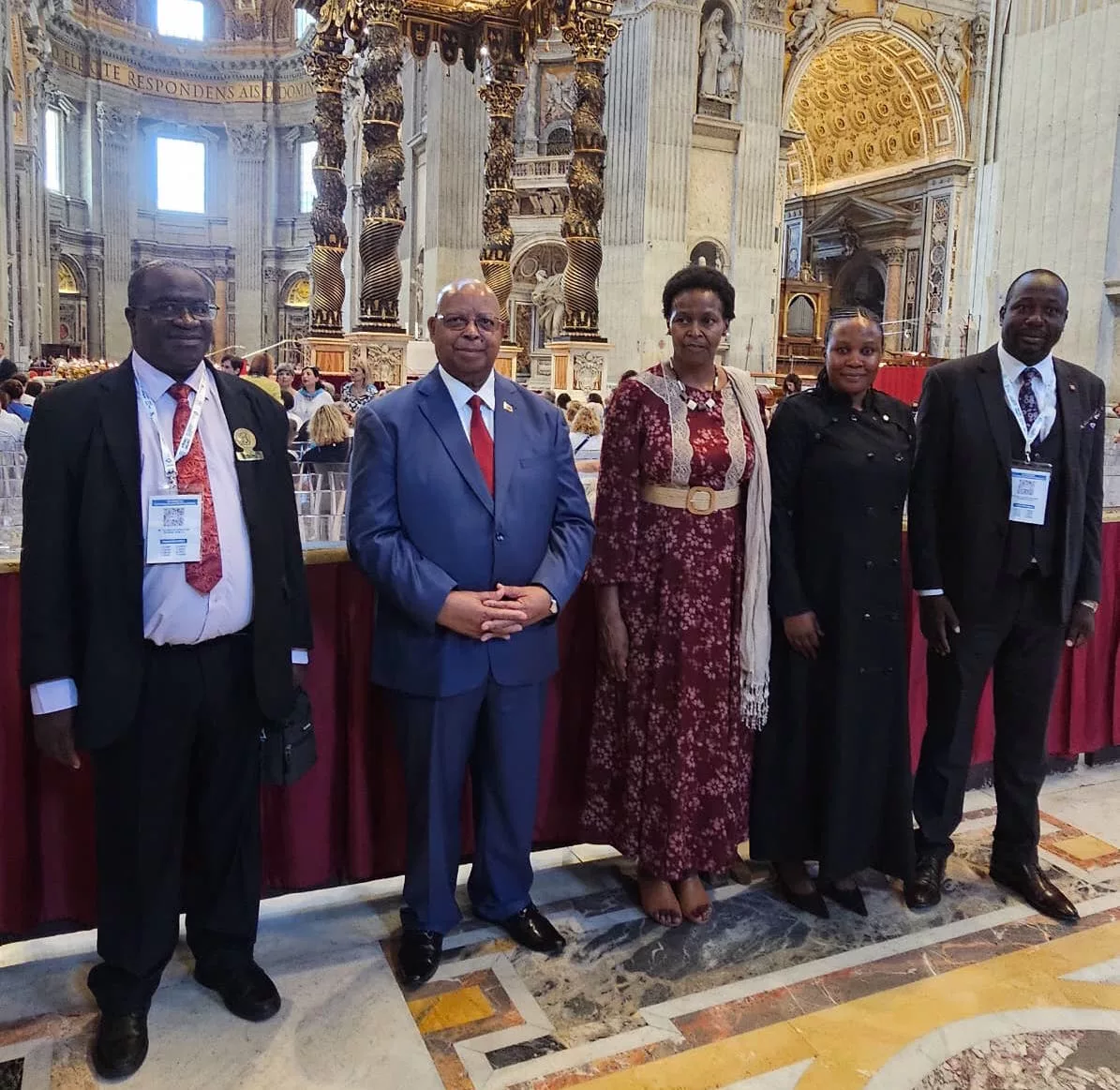. High level policy makers and business leaders meeting to discuss breaking trade barriers in the EAC and beyond
· Focus on finance and market access for the region to become a more competitive exporter of coffee
· Workshops, online auction, coffee cupping and exhibition
· Launch of the EAC Quality Portal as a one stop location for standards and quality requirements
Stakeholders from across the coffee value chain have gathered in Mombasa, Kenya, February 11-14, 2020 for the region’s pre-eminent coffee event. The EAC Coffee Business Forum – organised jointly with the African Fine Coffee Conference & Exhibition – is financed by the European Union through the MARKUP programme. It will feature a week of interactive discussions, workshops and networking events. It is a forum for regional and international businesses, service providers and policy makers in the coffee sector to exchange and learn from each other as well as find markets and international sales opportunities. During the Forum, a special coffee cupping session and a first of its kind online mini-auction will offer the participants the opportunity to taste and buy coffee from Burundi, Kenya, Rwanda, Uganda and Tanzania and international buyers to bid and purchase through the online facility.
Key themes to be addressed include the removal of coffee trade barriers with a spotlight on the World Trade Organization Trade Facilitation Agreement; innovative mechanisms to facilitate access to credit, buyer and investor priorities globally and how regional growers and traders can capitalise on the new opportunities.
Mr. Kenneth Bagamuhunda, Director General Customs and Trade at the EAC Secretariat said ‘Coffee is such an important global commodity, and one in which EAC countries could and should be extremely competitive. Earnings from coffee exports represent a significant share of the revenues of the EAC, with the average share of coffee in total merchandise exports exceeding 20% today. Increasing coffee exports from Burundi, Kenya, Uganda, Rwanda and Tanzania could have a considerable positive impact on EAC’s economic development. Yet this impact can only be achieved if some challenges such as the existing trade barriers and limited access to finance are overcome. Moreover, factors such as quality compliance, value addition, packaging and branding are critical in determining market access and incomes that accrue to the exporting countries and enterprises.’
According to ITC TradeMap, (www.trademap.org) the EAC region earned close to $1bn from coffee exports in 2018, an increase of 7% from 2014. EU Member Countries including Germany, Italy, Belgium, Sweden and Spain are among the top 10 buyers of coffee from the EAC region.
Ms Dorothy Tembo, acting Executive Director of the International Trade Centre, said ‘The MARKUP initiative has contributed to the growth of the coffee industry in the East African Community through helping small businesses address many of the barriers to market that they face. This week’s EAC Coffee Business Forum will further drill down on issues such as access to finance, meeting quality standards and marketing and branding that will help these SMES move up the value chain and increase their competitiveness; including through highlighting the potential for greater intra-regional and cross border trade such as to the EU market.
Through MARKUP, ITC, GIZ and other Partners are working to address some of these barriers.
The Market Access Upgrade Programme (MARKUP) https://www.eacmarkup.org/ – is an initiative of the EAC Secretariat, funded by the EU and Germany Federal Government (BMZ). It is implemented by various agencies, including the International Trade Centre (ITC) and Deutsche Gesellschaft für Internationale Zusammenarbeit (GIZ), UNIDO, Uganda Coffee Development Authority (UCDA) and other partners. MARKUP aims to increase exports of selected value chains, promote regional integration and access to the European market by addressing specific challenges that SMEs, Trade and Investment Support Institutions (TISIs) and policy-makers face. This will allow EAC agribusinesses to benefit from greater business opportunities in both East African and European markets and to meet the growing demand for EAC exports. In this way, MARKUP will help create sustainable market linkages between Europe and the EAC, and contribute to job creation and inclusive development in the region.
MARKUP targets coffee in all five beneficiary countries- Burundi, Kenya, Rwanda, Tanzania and Uganda. Other priority sectors are spices, avocadoes and other horticultural products and tea.
The areas of focus include:
- The identification and elimination of barriers to trade;
- Improving competitiveness;
- Strengthening of value addition
- Ensuring compliance with international standards
- Supporting access to finance
- Market exposure for SMEs






